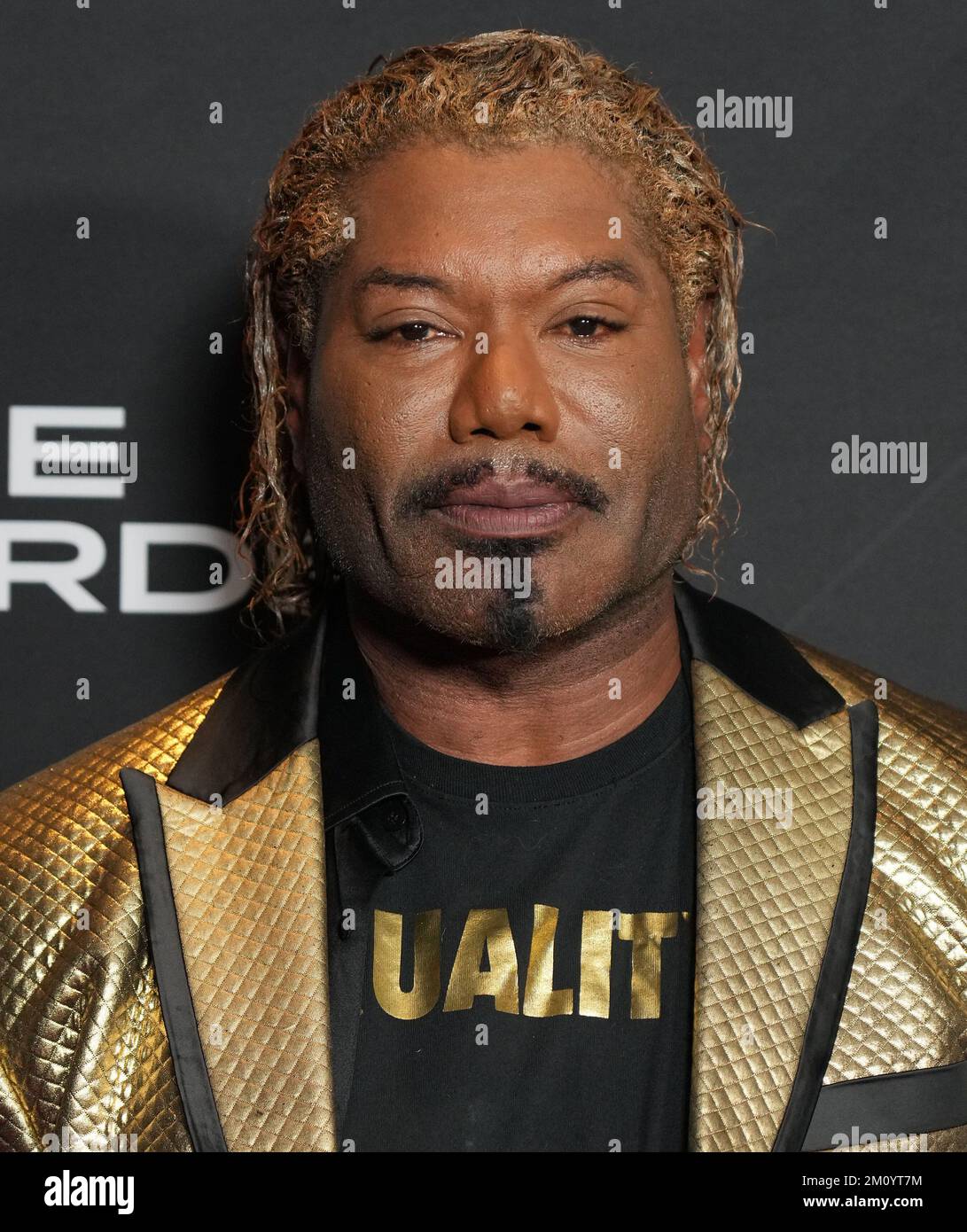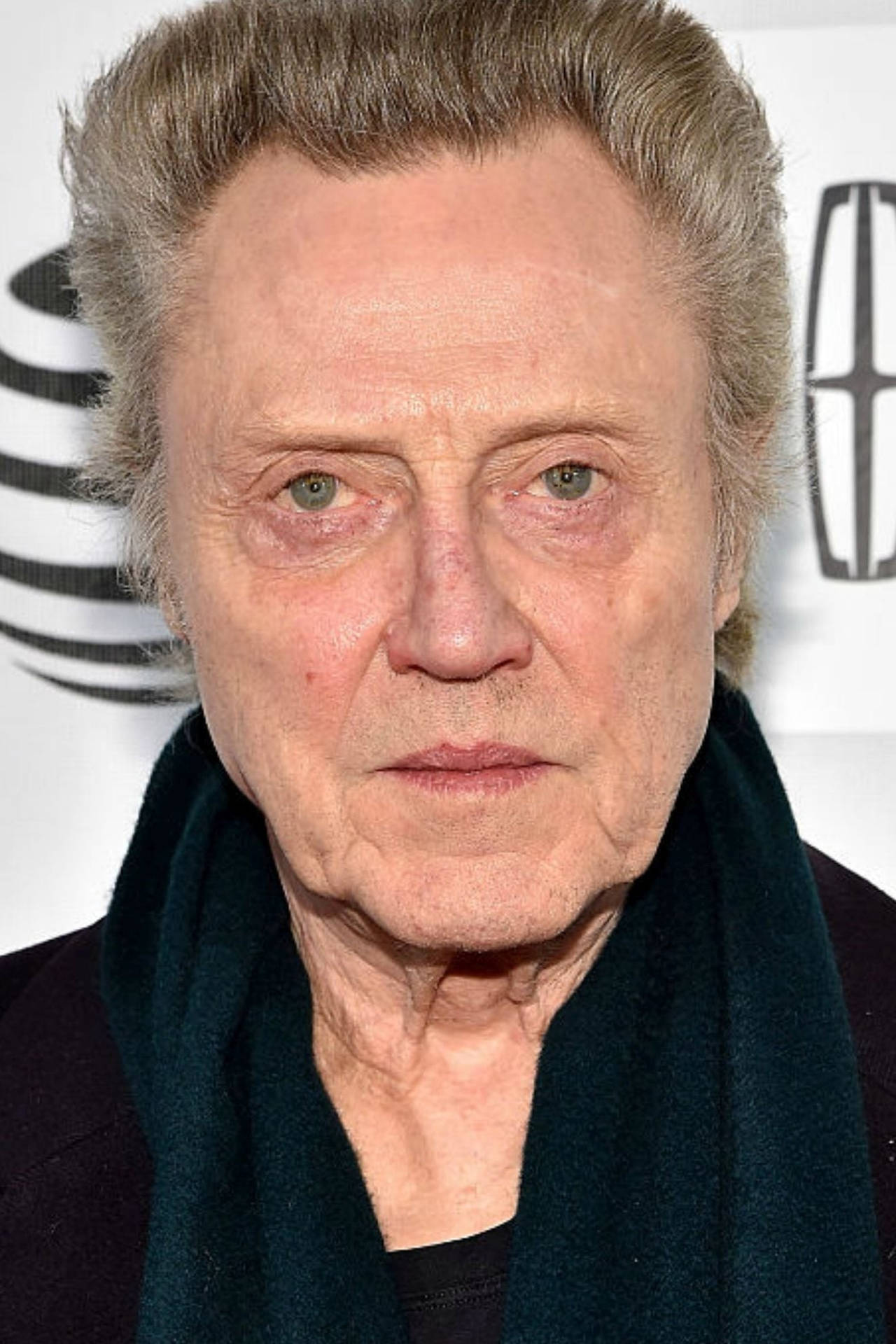Christopher Rich's Stroke: A Journey Of Resilience & Recovery
Table of Contents:
- Introduction: Christopher Rich's Health Battle
- Christopher Rich: A Glimpse into His Life and Career
- The Day Everything Changed: Christopher Rich's Stroke in 2018
- The Arduous Road to Recovery: Battling Brain Injury and Paralysis
- Neurologist's Insights: Understanding Stroke, Symptoms, and Treatment
- A Triumphant Return: Christopher Rich Back on Screen
- Lessons in Resilience: Christopher Rich's Enduring Spirit
- Beyond Personal Struggle: Advocating for Stroke Awareness
- Conclusion: A Story of Hope and Perseverance
Introduction: Christopher Rich's Health Battle
The entertainment world often presents a polished facade, but beneath the glamour, real-life challenges can strike unexpectedly. Such was the case for Christopher Rich, the beloved actor widely recognized for his roles in popular TV series like Reba and Suddenly Susan. In a candid revelation, Rich recently opened up about a profound health crisis that dramatically altered his life: a debilitating stroke he suffered in 2018. This event, which led to a traumatic brain injury, plunged him into an intense battle for recovery, leaving a part of him paralyzed and challenging every aspect of his existence.
His journey back to health and, remarkably, to the screen, is a testament to immense courage and perseverance. This article delves deep into Christopher Rich's stroke, his arduous path to recovery, and the valuable insights his experience offers, not just for fans, but for anyone seeking to understand the complexities of stroke and the incredible power of the human spirit to heal and adapt.
Christopher Rich: A Glimpse into His Life and Career
Before the challenges brought by his stroke, Christopher Rich had already carved out a significant career in Hollywood. Rich rose to stardom playing Alexander "Sandy" Cory in the soap opera Another World in the early 1980s. He later became a household name for his portrayal of Brock Hart, Reba McEntire's ex-husband, in the popular sitcom Reba. His charming demeanor and comedic timing made him one of the core stars of the show, endearing him to millions of viewers. Beyond Reba, he also had notable roles in The Nanny, Suddenly Susan, and many other television and film productions, showcasing his versatility as an actor. His career spanned decades, establishing him as a familiar and respected face in the industry, making his health update all the more poignant for his long-time fans.
Personal Data & Biodata
| Category | Details |
|---|---|
| Full Name | Christopher Rich |
| Occupation | Actor |
| Known For | Brock Hart in Reba, Alexander "Sandy" Cory in Another World |
| Year of Stroke | 2018 |
| Health Impact | Stroke, Traumatic Brain Injury (TBI), left-side paralysis |
| Current Status | Recovering, returned to acting (e.g., Happy's Place) |
The Day Everything Changed: Christopher Rich's Stroke in 2018
The year 2018 marked a pivotal and terrifying moment in Christopher Rich's life. It was then that he suffered a massive stroke, an event that would irrevocably alter his physical and cognitive landscape. The immediate aftermath was devastating, leading to a traumatic brain injury. As Rich himself candidly described the experience, it was like he "got hit with an atomic bomb." This powerful metaphor vividly conveys the profound and overwhelming impact the stroke had on him, both physically and mentally.
The severity of Christopher Rich's stroke was such that it left him with significant physical impairments. Specifically, he was unable to use the left side of his body, a common and often debilitating consequence of a stroke affecting the right side of the brain. This paralysis meant that fundamental abilities, such as talking and walking, which most people take for granted, had to be relearned from scratch. The journey ahead was daunting, requiring immense determination and a complete re-evaluation of his life and career.
The Arduous Road to Recovery: Battling Brain Injury and Paralysis
Following his stroke and the subsequent brain injury, Christopher Rich embarked on an intensive and challenging rehabilitation journey. Recovery from a stroke, especially one as severe as his, is not a quick fix; it's a marathon of physical therapy, occupational therapy, and speech therapy. For Rich, this meant countless hours dedicated to regaining control over his body and mind. His candid discussion about his road to recovery after being diagnosed with a traumatic brain injury following a massive stroke highlights the sheer dedication required.
His determination was unwavering. Despite the initial paralysis on his left side, through consistent physical therapy and rehabilitation, he was able to learn to talk and walk again. This remarkable progress highlights the brain's incredible plasticity and the effectiveness of dedicated therapeutic interventions. Every small step, every regained word, was a victory in itself. The process was undoubtedly grueling, demanding not just physical effort but also immense mental fortitude to push through setbacks and frustrations.
A significant milestone in his recovery, and a poignant moment for fans, was his recent reunion with his former Reba co-stars, Reba McEntire and Melissa Peterman, on the set of their new show, Happy's Place. This reunion, seven years after his stroke, was not just a professional comeback but a powerful symbol of his personal triumph. It demonstrated his ability to return to the demanding world of acting, a testament to how far he had come since the "atomic bomb" hit. As people shared on February 21, the news of his return was met with widespread admiration.
Neurologist's Insights: Understanding Stroke, Symptoms, and Treatment
Christopher Rich's experience with a stroke underscores the critical importance of understanding this medical emergency. A stroke occurs when the blood supply to part of your brain is interrupted or reduced, depriving brain tissue of oxygen and nutrients. Brain cells begin to die within minutes. This section provides a general overview of common stroke symptoms, treatment options, and the vital nature of stroke recovery, drawing on insights from medical professionals. Here, everything you need to know about Christopher Rich’s stroke recovery, along with a neurologist’s insights into common symptoms, treatment options and why stroke survivors face unique challenges.
Common Stroke Symptoms: Recognizing the Signs
Recognizing the signs of a stroke quickly is paramount, as timely medical intervention can significantly reduce brain damage and improve outcomes. Medical experts often use the acronym FAST to help people remember the key symptoms:
- F - Face Drooping: Does one side of the face droop or is it numb? Ask the person to smile. Is the smile uneven?
- A - Arm Weakness: Is one arm weak or numb? Ask the person to raise both arms. Does one arm drift downward?
- S - Speech Difficulty: Is speech slurred? Is the person unable to speak or hard to understand? Ask the person to repeat a simple sentence.
- T - Time to call 911: If someone shows any of these symptoms, even if the symptoms go away, call emergency services immediately. Time is brain.
Other sudden symptoms can include confusion, trouble seeing in one or both eyes, sudden trouble walking, dizziness, loss of balance or coordination, or a sudden, severe headache with no known cause. Understanding these signs is crucial for everyone, as early detection directly impacts recovery.
Treatment Options and the Golden Hour
The treatment for a stroke depends on its type (ischemic or hemorrhagic) and the speed of intervention. For ischemic strokes (caused by a clot, like most strokes), clot-busting drugs (like tPA) can be administered intravenously if given within a few hours of symptom onset. In some cases, mechanical thrombectomy, a procedure to physically remove the clot, can be performed within a larger time window.
For hemorrhagic strokes (caused by bleeding in the brain), treatment focuses on controlling the bleeding, reducing pressure in the brain, and managing complications. The "golden hour" or "time is brain" concept emphasizes that every minute counts. The faster treatment is initiated, the higher the chances of a better recovery and reduced long-term disability. This is why immediate recognition and calling for emergency help are so crucial. Christopher Rich's stroke experience highlights the urgency of such medical events.
Why Stroke Recovery is a Lifelong Journey
As Christopher Rich's experience illustrates, stroke recovery is often a long and intensive process. The brain has an incredible capacity for neuroplasticity, meaning it can reorganize itself by forming new neural connections. Rehabilitation therapies, including physical, occupational, and speech therapy, aim to harness this plasticity to help patients regain lost functions. Physical therapy focuses on motor skills and balance, occupational therapy helps with daily activities, and speech therapy addresses communication and swallowing issues.
The journey is unique for each survivor, influenced by the stroke's severity, location, and the individual's dedication to rehabilitation. While significant progress often occurs in the first few months, recovery can continue for years. Support from family, friends, and medical professionals plays a vital role in navigating the physical, emotional, and psychological challenges that come with life after a stroke. Christopher Rich suffered from a stroke and brain injury that kept a part of him paralyzed, making his recovery journey particularly challenging and inspiring.
A Triumphant Return: Christopher Rich Back on Screen
For many actors, a debilitating health event like a stroke could signal the end of a career. However, Christopher Rich defied expectations. His return to acting, particularly his reunion with Reba McEntire and Melissa Peterman for Happy's Place, is more than just a professional comeback; it's a powerful narrative of resilience and determination. The actor said it was a "blessing" to reunite with Reba McEntire and Melissa Peterman on Happy's Place, seven years after his stroke, a testament to his remarkable recovery.
This return demonstrates not only his physical recovery but also his mental fortitude and passion for his craft. Adapting to the demands of acting after a traumatic brain injury and paralysis requires immense courage and a willingness to push personal boundaries. His ability to perform again, to deliver lines and embody characters, speaks volumes about the effectiveness of his rehabilitation and his own unwavering spirit. One of the core stars of the show, Christopher Rich, has just opened up about returning to acting after experiencing a debilitating stroke. It serves as an inspiration to others facing similar health challenges, showing that a return to a fulfilling life, even a demanding career, is possible with perseverance.
Lessons in Resilience: Christopher Rich's Enduring Spirit
Christopher Rich's health battle offers profound lessons in


Detail Author:
- Name : Austyn Schmidt
- Username : xkunze
- Email : swintheiser@orn.org
- Birthdate : 1982-08-13
- Address : 8677 Hadley Lakes Lake Micaela, SD 16414
- Phone : +1-820-929-4323
- Company : McLaughlin-DuBuque
- Job : Decorator
- Bio : Error dolor molestias perspiciatis labore. Ipsam assumenda consequatur qui eum cumque suscipit adipisci. Quasi labore sunt deserunt id. Facere quia aut tenetur.
Socials
tiktok:
- url : https://tiktok.com/@baileyc
- username : baileyc
- bio : Facere nostrum impedit non accusamus natus molestiae dicta.
- followers : 4827
- following : 2106
instagram:
- url : https://instagram.com/cbailey
- username : cbailey
- bio : Sit quam dolores sint et laboriosam et sunt. Et et autem ab.
- followers : 644
- following : 855
linkedin:
- url : https://linkedin.com/in/cassandre_bailey
- username : cassandre_bailey
- bio : Eveniet possimus ut ipsa hic dignissimos.
- followers : 6197
- following : 2231
twitter:
- url : https://twitter.com/bailey2022
- username : bailey2022
- bio : Maiores vitae exercitationem ea beatae neque laborum quam. Vitae et repudiandae neque minus quasi. Ipsa rerum ipsa autem earum odio minima necessitatibus.
- followers : 6453
- following : 1241